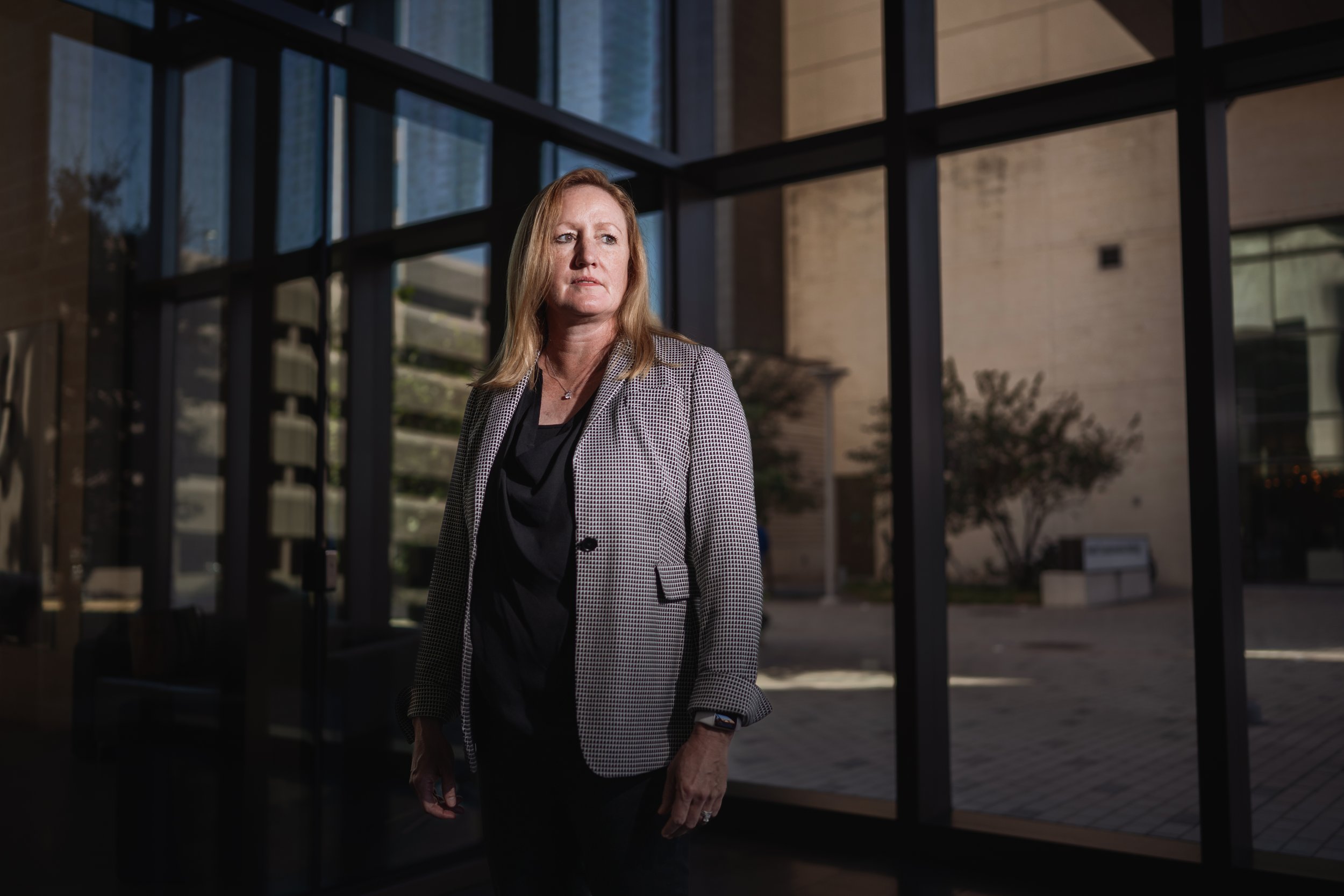
ALISON G. CAHILL, M.D.
For the millions of women who give birth every year, risk is abundant — and not shared equally.
A nationally influential perinatologist is working to make childbirth safer for everyone, all while training up the next group of physician-scientists.
Alison Cahill, M.D., remembers the first baby she ever delivered — a girl named Emery. Up until Emery’s birth, Cahill had been preparing to become a cardiothoracic surgeon. But since that day, Cahill has gone on to care for thousands of mothers and babies as a perinatologist, and now serves as a prominent voice on how obstetrics and maternal-fetal medicine are practiced nationally.
As chair of the Obstetric Committee on Clinical Consensus for the American College of Obstetrics and Gynecology, Cahill helped set national clinical guidelines based on emerging information on best practices in obstetric care. She also serves as editor-in-chief of the American Journal of Obstetrics and Gynecology: Global Reports and the senior editor for the Society of Maternal-Fetal Medicine editions of the American Journal of Obstetrics and Gynecology.
Now, Cahill’s work to improve obstetric care for Central Texans is well underway. A longtime physician-scientist who has published more than 200 peer-reviewed papers, Cahill is leading multisite clinical trials in the region to study procedures and devices to improve the safety of labor and delivery.
RELATED: Alison Cahill of Dell Medical School talks about new induction trial »
“Four million women give birth every year in the U.S.,” says Cahill, associate dean of translational research and professor in the Department of Women’s Health at Dell Med. “We have this enormous constituency of people who need our help for optimal care management, especially when you consider that if you’re not white, your risk of dying related to childbirth can be more than four times greater.
“When I first started out in OB-GYN, it was important for me to think about medicine not just in the individual patient or family that I care for, but in considering all the things that I learn about patients just like them, and figuring out how I might thoughtfully use science as a way to help improve their care more widely.”
Scholarship for the Next Generation
Cahill directs the Health Transformation Research Institute at Dell Medical School, which provides pilot funding and mentorship for investigators doing research with direct impact on patients and clinical care. The institute also partners with groups like Texas Biologics to help UT bench scientists find clinical partners with whom to carry their work forward.
“If I can have some of the science my team is doing change how we care for patients, that would be a win,” says Cahill. “But it’s also essential to think about who comes next. Strong mentorship, in all its flavors and forms, is one of the most critically important indicators of a scientist succeeding in their work.
“The goal for those of us doing science now should be that those who come after are better than us, and are prepared to help reach even more people, especially those we’re not accounting for in medical or translational research right now."

